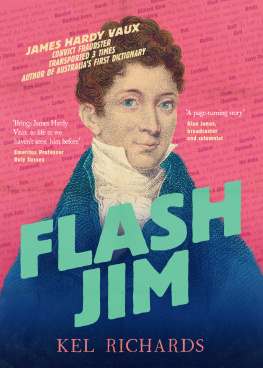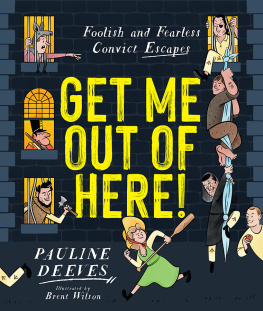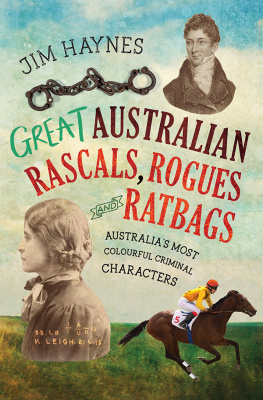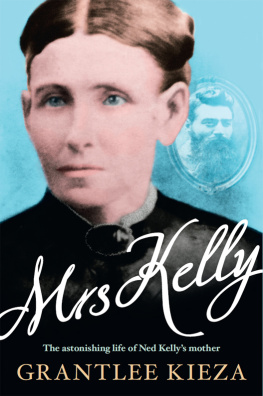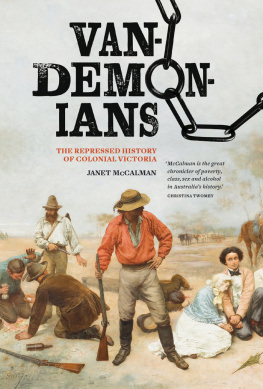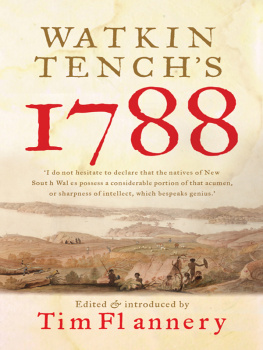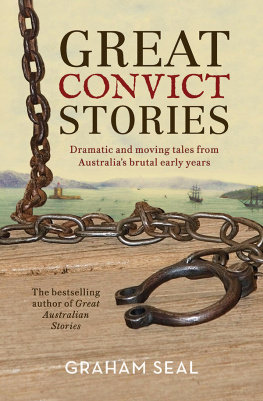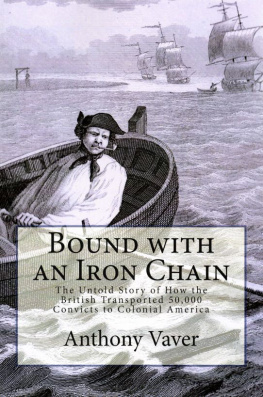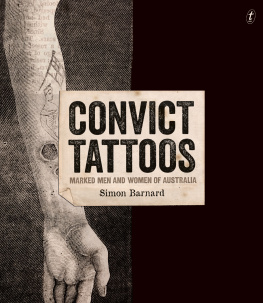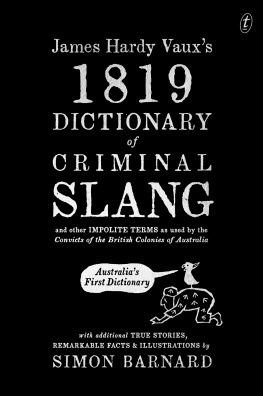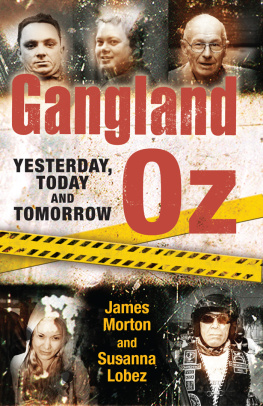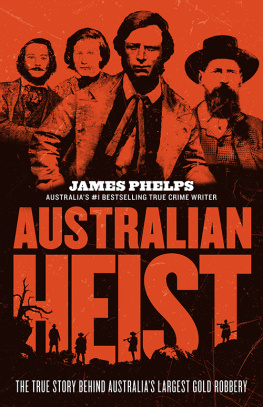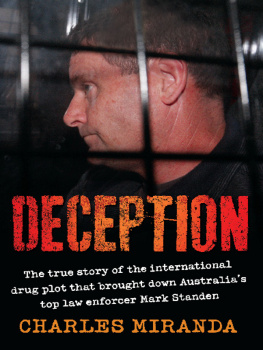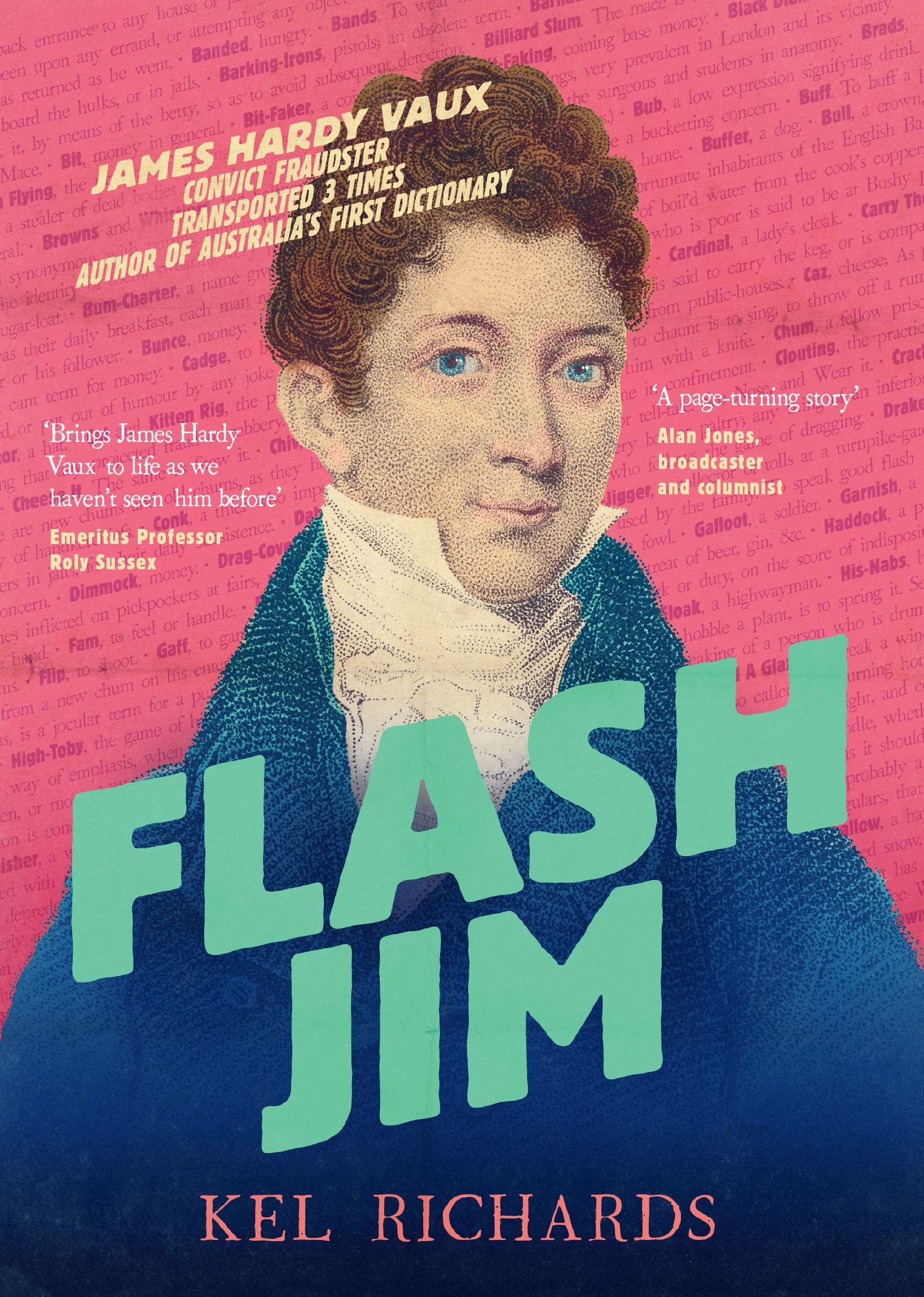Contents
Guide
James Hardy Vaux was a con man with a talent for words who wrote the first dictionary of Australian English. Kel Richards is a word man with a talent for telling a stirring story. In Flash Jim Richards brings James Hardy Vaux to life as we havent seen him before Emeritus Professor Roly Sussex, School of Languages and Comparative Cultural Studies, University of Queensland
One of the strongest bonds binding the people of Australia together is the Australian language. We speak a dialect of English richer and more colourful than most. When we call someone a hoon or invite a friend to a barbie we know immediately what were talking about but we have to translate for overseas visitors. This powerful cultural bond was, as Richards explains, built on four foundations. And the most colourful of those four was convict slang. The role that it played, and still plays, in the Australian language, and the story of the man who first recorded it is as we used to say a ripping yarn. It makes a page-turning story Alan Jones, broadcaster and columnist
Theres never been a more important time to truly understand our Australian history and this book is a great introduction to the richness of our language and a wonderful window onto the real life of colonial Australia from my favourite wordsmith, Kel Richards Peta Credlin, broadcaster and columnist
An engaging tale from a great student of our language about one of the con men who gave Australia its character and its distinctive slang Andrew Bolt, broadcaster and columnist
KEL RICHARDS is a veteran Australian author, journalist and broadcaster. In a long career he has hosted the ABCs flagship national daily radio current affairs show AM, worked as a senior journalist and associate producer with ABC Television current affairs, and hosted his own talkback shows on commercial radio. Kel is currently a Sky News contributor and a writer for The Spectator Australia. He famously presented News Radios regular WordWatch segment on ABC (until 2010) and now writes a column on language for Australian Geographic. Find Kel at ozwords.com.au
For my three grandsons:
William, Adric and Obi
HarperCollinsPublishers
Australia Brazil Canada France Germany Holland Hungary
India Italy Japan Mexico New Zealand Poland Spain Sweden
Switzerland United Kingdom United States of America
First published in Australia in 2021
by HarperCollinsPublishers Australia Pty Limited
Level 13, 201 Elizabeth Street, Sydney NSW 2000
ABN 36 009 913 517
harpercollins.com.au
Copyright Beacon Communications Pty Limited 2021
The right of Kel Richards to be identified as the author of this work has been asserted by him in accordance with the Copyright Amendment (Moral Rights) Act 2000.
This work is copyright. Apart from any use as permitted under the Copyright Act 1968, no part may be reproduced, copied, scanned, stored in a retrieval system, recorded, or transmitted, in any form or by any means, without the prior written permission of the publisher.
HarperCollinsPublishers
Level 13, 201 Elizabeth Street, Sydney, NSW 2000, Australia
Unit D1, 63 Apollo Drive, Rosedale 0632, Auckland, New Zealand
A 75, Sector 57, Noida, Uttar Pradesh 201 301, India
1 London Bridge Street, London SE1 9GF, United Kingdom
Bay Adelaide Centre, East Tower, 22 Adelaide Street West, 41st Floor, Toronto, Ontario, M5H 4E3, Canada
195 Broadway, New York, NY 10007, USA
ISBN 978 1 4607 5976 9 (paperback)
ISBN 978 1 4607 1325 9 (ebook)
A catalogue record for this book is available from the National Library of Australia
Cover design by Darren Holt, HarperCollins Design Studio
Cover images: James Hardy Vaux, engraving, courtesy State Library of New South Wales (Title Box 36: Portrait file, Ullathorne to Vogel, ca. 1657 to 1973, Call number PXA 2100/Box 36, Item 62); background text from Memoirs of James Hardy Vaux, Vocabulary of the Flash Language by James Hardy Vaux, https://en.wikisource.org/wiki/Memoirs_of_James_Hardy_Vaux/Vocabulary
Contents
The first dictionary ever written in Australia was a dictionary of slang so the Australian language appears to have begun as it intended to go on: as an inventive, informal, cheeky branch of English. And the author of that first dictionary was a convict so our first dictionary also captured the anti-authoritarian, egalitarian strain of the Australian character. The dictionary he wrote recorded what was called the flash language. This was the slang spoken by the criminal class in Britain. It was also the language of the convicts, who, along with the soldiers guarding them, were the first European settlers on the Australian continent.
The flash language started as a kind of secret code, allowing criminals to speak aloud in the presence of policemen and magistrates without being understood. But over time, the flash words became so deeply embedded in the vocabulary of the working criminal that all of his conversation was peppered with it. This left the magistrates on the bench frequently baffled as to what was being said. As early as 1791, marine officer and author Captain Watkin Tench had complained of the need to employ interpreters to translate the evidence of prisoners and witnesses in court. The dictionary compiled and written by James Hardy Vaux (aka Flash Jim) was, he wrote in the dedication, designed to help magistrates understand this flash talk.
Vaux was perhaps uniquely equipped to notice and record this language. He had been born into a middle-class family, and had been given a good education and as he says often in his memoirs every opportunity to find a sound career and live an honest life. This meant that as he drifted into criminal ways, he had to learn to speak flash as a second language. He had the education to understand how these words were being used, and the literary skill to record this knowledge.
So Vauxs little dictionary plays an important role in helping us understand the birth of Aussie English our very own dingo lingo. And given the prominence of slang in modern Aussie English, it is entirely appropriate that the first dictionary written in this country should have been a dictionary of slang.
As you read Vauxs remarkable and colourful story in this book, youll find that it includes quite a few examples of flash talk. All the words that appear in Vauxs dictionary are printed in bold text, and Vauxs complete dictionary can be found in the Appendix at the back of the book.
One question that might occur to you is: how should we pronounce his last name? Well, the answer is we dont know. Given the absence of audio recordings from the eighteenth and nineteenth centuries, it is impossible to know with any certainty how James Hardy Vaux pronounced his own name. There is some evidence that Vaux, in the England of his time, was often pronounced as Vorx (to rhyme with Hawkes). However, because he sometimes used Lowe as an alias, James Hardy might have pronounced Vaux in the French fashion as Voe. On the other hand, since his maternal grandfathers name was Lowe, this may be the source of his alias, so Lowe may be no guide to the pronunciation of his last name at all. (You see how confusing this can get?)

